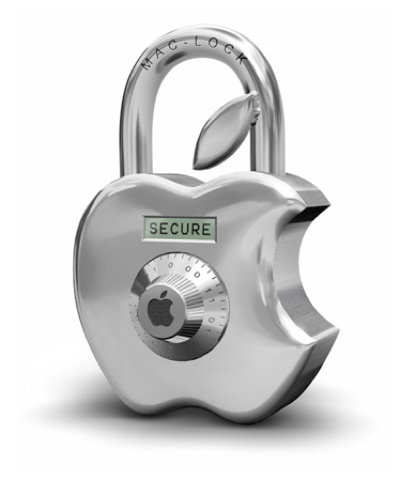During the existence of the iPhone, Apple helped the US authorities to break encryption more than 70 times.
 Despite the fact that the federal court of New York at the end of February 2016 decided that law enforcement agencies do not have the right to require Apple's help in forcibly unlocking a smartphone confiscated from a drug dealer in New York, this is not the first case of a conflict between the authorities and Apple about encrypting iPhone content. True, the fruit company used to be much more accommodating.
Despite the fact that the federal court of New York at the end of February 2016 decided that law enforcement agencies do not have the right to require Apple's help in forcibly unlocking a smartphone confiscated from a drug dealer in New York, this is not the first case of a conflict between the authorities and Apple about encrypting iPhone content. True, the fruit company used to be much more accommodating.The popular edition of The Wall Street Journal in an article about the roots of apple trees " Roots of Apple-FBI Standoff Reach Back to 2008 Case " recalls those happy moments for law enforcement when mega-corporations were happy to help in hacking their own smartphones.
The first high-profile incident occurred in 2008, in a disgusting case of sexual abuse of a child in the family of Jansen in the city of Watertown, New York. Apple, at the request of the authorities, not only agreed to decrypt the data (which, on suspicion of the judge, contained child pornography) from the phone taken from Jansen’s spouses, but also instructed their lawyers to help draw up the correct application for this process. This happened just a year after the start of sales of the first iPhone.
At that time, such actions of the company did not cause anyone surprise - no one disputed that the requirements of the court were subject to the law " All Writs Act ". According to this old law, which dates back to the 18th century, US federal courts are entitled to any claims made to maintain law.
')
Since then, the company has helped the courts with the decoding of more than 70 vehicles. Perhaps this fruitful collaboration would continue even if it were not for the inconvenient revelation of Edward Snowden, after which many government organizations were placed in uncomfortable positions , and disputes over the admissibility of encryption and the need to introduce special backdoors into these algorithms flared up with a new force.
Now the largest players in the market, including Google and Apple, publicly defend the view that it is unacceptable to include some kind of backdoors and other indulgences in data encryption - this is equivalent to installing secure locks in parallel with storing the key to the door under the doormat.
And Apple is not at all so willing to help with the decoding of its products. According to information from sources close to the corporation, already in 2014, she seriously improved encryption methods - so that it is already hard for them to do something about it.
The recent controversy over the phone seized from the shooter from San Bernardino, where the FBI demanded that Apple decrypt the terrorist’s smartphone, served as a powerful advertising campaign for the latter. Her leadership publicly defended privacy and refused to help with decoding. However, as a result, the FBI managed to attract third-party forces to the process, hack the phone, and now the company is already very interested in what methods were used to do this.
Whether the company will succeed, and in what way the iPhone was hacked, perhaps the general public will never know. So far it turns out that by taking, perhaps excessive, measures to fight (according to the official version) against terrorism, the US government has only achieved an increase in distrust of its methods and law enforcement agencies.
Note: WSJ blocks access to its articles if links to them are posted on third-party sites. To read the full version of the article, you need to search its name in Google and follow the link from a search engine: such transitions are not forbidden by the publication.
Source: https://habr.com/ru/post/372075/
All Articles